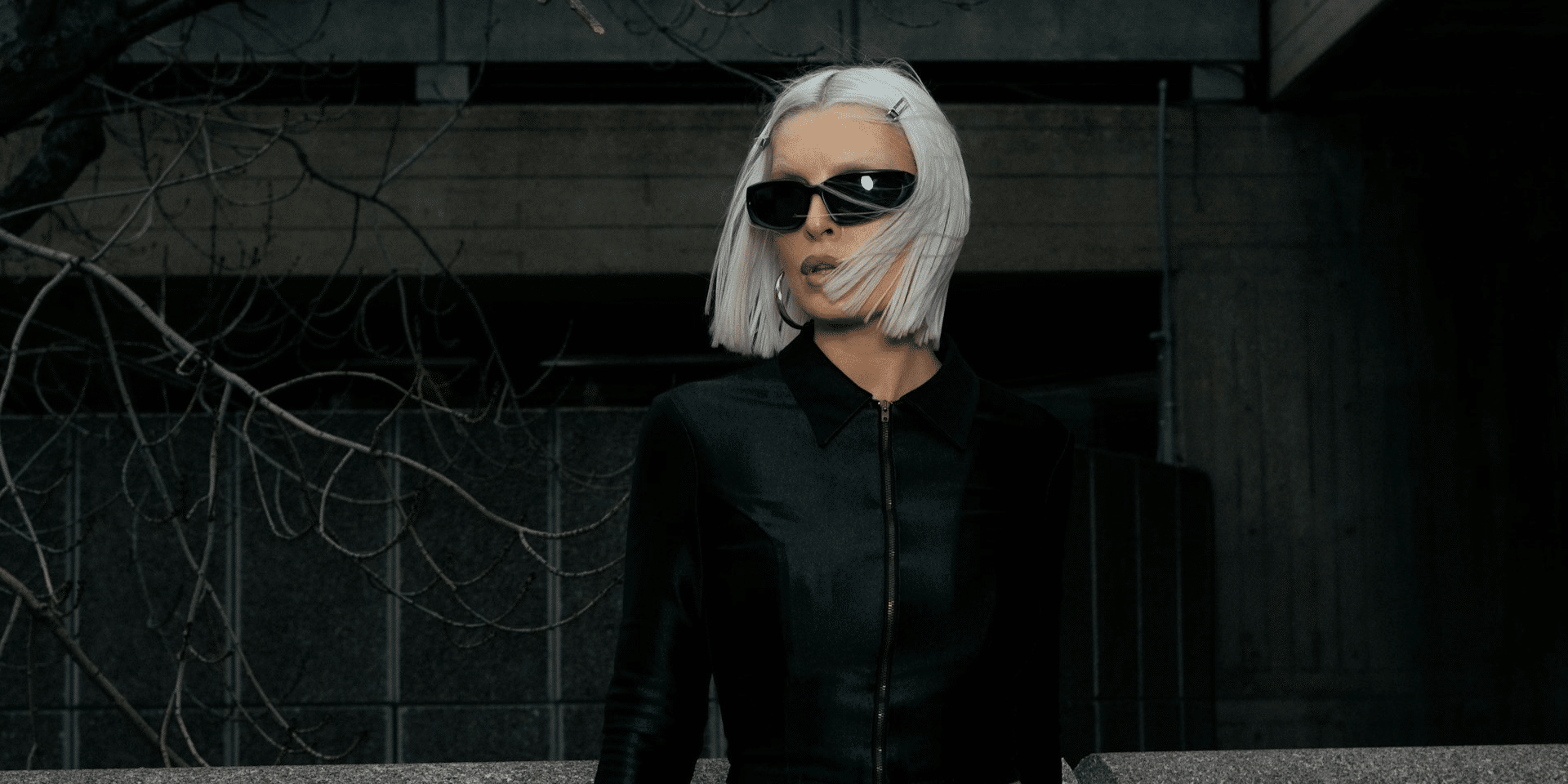In the world of entertainment, musicians have long been seen as trendsetters, influencers, and cultural icons. Their ability to shape popular culture, connect with audiences, and generate massive followings has made them an essential asset for brands looking to boost their visibility and appeal. In recent years, however, musicians have gone beyond the role of just endorsing products and have become integral parts of brand identity, often taking on more substantial ambassador roles.
This article explores the growing trend of musicians becoming ambassadors for brands, delving into why these partnerships are mutually beneficial, how they affect the music industry, and what this means for the future of marketing in both music and commercial sectors.
The Role of Musicians as Brand Ambassadors
Brand ambassadorship has evolved far beyond the traditional model of a celebrity lending their image to a product. Today, musicians act as collaborators, influencers, and advocates for the brands they represent, helping to shape the company’s identity and messaging in a more authentic, personal way. They are no longer just faces on billboards; they are integral to campaigns, often deeply involved in the creative direction, product design, and promotional content.
Authenticity and Connection with Audiences
One of the primary reasons why brands turn to musicians is their unique ability to create authentic connections with audiences. Musicians have an established relationship with their fans, built on shared experiences, values, and emotions. This connection gives them a distinct advantage when promoting products or services, as fans are more likely to trust their endorsements.
When an artist like Rihanna partners with a beauty brand like Fenty Beauty, the relationship feels authentic because Rihanna’s own experiences with beauty and self-expression are deeply embedded in the brand’s ethos. Fans don’t just see Rihanna as a spokesperson; they see her as a founder and a part of the brand’s DNA. This authenticity resonates with consumers, particularly younger demographics who are skeptical of traditional advertising methods and prefer to engage with brands that feel real and relatable.
Social Media and Influencer Culture
Social media has played a pivotal role in transforming the way brands and musicians collaborate. Platforms like Instagram, Twitter, and TikTok allow musicians to connect with their followers directly and personally, making their endorsements feel more organic and less like conventional advertising. As influencers in their own right, musicians are perfectly positioned to act as brand ambassadors. They can use their social media accounts to showcase a product, share their thoughts on it, or even create exclusive content, all of which helps to elevate the brand’s visibility.
For example, when Beyoncé partnered with Pepsi, her involvement wasn’t limited to a traditional commercial. Through her social media, music videos, and public appearances, she infused her personal brand with Pepsi’s message, making the partnership feel more like a natural extension of her public persona. This type of cross-platform integration not only enhances the brand’s reach but also deepens the connection between the musician and their fans.
The Evolution of Musicians as Brand Ambassadors
Historically, musicians have been involved in endorsements, but the nature of these partnerships has evolved. In the past, musicians would often be paid to simply promote products through advertisements or public appearances. Today, musicians are increasingly becoming long-term ambassadors, aligning themselves with brands in ways that go beyond mere endorsement.
A New Era of Brand Collaborations
Musicians today often collaborate with brands on product development, creative direction, and even company values. Kanye West’s Yeezy collaboration with Adidas, for example, isn’t just about wearing sneakers—it’s about shaping the entire vision of the brand. Kanye’s design influence, his approach to fashion, and his ability to make bold, disruptive statements have all been integrated into the Yeezy brand, making him more than just a celebrity endorsement figure.
Similarly, Pharrell Williams has worked extensively with brands like Adidas, Moncler, and Chanel, not just as a face for campaigns but as a creative partner. Pharrell’s role has often included designing collections, guiding brand strategies, and helping to shape product aesthetics. This model of collaboration signifies a shift from simple endorsement to true brand partnership.
Expanding Into New Industries
As musicians build their personal brands, many have ventured beyond music and into industries like fashion, beauty, lifestyle, and even technology. These musicians use their influence and expertise to launch new product lines, collaborate on existing brands, or simply act as ambassadors for products that align with their personal values. Lady Gaga’s beauty line, Haus Laboratories, or Drake’s Virginia Black Whiskey are examples of musicians leveraging their personal brands to create successful ventures in industries outside of music.
In these cases, musicians act as both the creative force and the face of their brands, creating an experience that’s deeply connected to their public persona. These partnerships also help to expand the musician’s reach, introducing them to new consumer markets and providing additional revenue streams outside of their music career.
Why Musicians Are the Perfect Brand Ambassadors
There are several reasons why musicians are increasingly becoming the go-to choice for brands looking to elevate their marketing campaigns.
Musicians as Trendsetters
Musicians have long been recognized as trendsetters. From fashion to social movements, their influence often extends well beyond their music. When musicians endorse a product or collaborate with a brand, they bring an inherent sense of cultural relevance and style with them. This can help brands stay current and tap into emerging trends, while also giving them access to the musician’s devoted fanbase.
For example, Kendall Jenner’s collaboration with Adidas Originals wasn’t just about the clothes—it was about making a cultural statement. Jenner’s reputation as a fashion icon and influencer helped elevate the brand, making it feel not only fashionable but aspirational. Similarly, Travis Scott’s collaboration with McDonald’s in 2020 was a massive success, thanks in part to his influence within hip-hop culture and his strong connection with younger consumers.
Emotional Engagement
Musicians have the unique ability to emotionally engage with their audiences. Through their music, lyrics, and public personas, they cultivate a sense of loyalty and passion among their fans. This emotional connection makes their endorsement of a product feel more meaningful and personal. Fans trust their favorite musicians and are more likely to try products that align with the musician’s values or personal brand.
For example, Taylor Swift’s endorsement of Apple Music in the early years of the streaming service helped the platform gain traction with her fanbase. Similarly, when Ariana Grande collaborates with brands like Reebok or Starbucks, her fans feel a personal connection to the products because of her endorsement.
Global Appeal
Musicians often have a global reach, making them ideal ambassadors for brands looking to expand internationally. An artist like Shakira, for instance, is not just known in the U.S. or Europe but has a massive following in Latin America, Asia, and the Middle East. For a brand like Pepsi, tapping into this global appeal can help them reach new markets and demographic groups.
Musicians who have transcended regional boundaries are in a unique position to create a worldwide marketing campaign, where the same product or message can be delivered to diverse audiences across the globe.
The Benefits of Brand Ambassador Roles for Musicians
The relationship between musicians and brands is not just beneficial for the companies involved; it also offers several advantages for the musicians themselves.
Financial Opportunities
One of the most obvious benefits of becoming a brand ambassador is the financial compensation. Many of these partnerships come with lucrative contracts that can add significant revenue streams to an artist’s income. For musicians, especially those who are already successful, brand partnerships can be a way to diversify their income and reduce reliance on album sales or tours.
For instance, Drake‘s partnership with Nike’s NOCTA brand provides him with a steady income from product sales while also cementing his status as a cultural icon.
Expanding Their Brand
Brand ambassador roles offer musicians an opportunity to expand their personal brand beyond music. By associating themselves with a well-known company, musicians can elevate their visibility, attract new followers, and broaden their influence. This can also open doors for new ventures and collaborations, which can further solidify their position in both the entertainment and business worlds.
Long-Term Career Benefits
Many musicians have successfully transitioned from being just recording artists to becoming full-fledged entrepreneurs and business moguls. By taking on ambassador roles for high-profile brands, musicians can position themselves for long-term success in a wide variety of industries. Jay-Z, for example, has leveraged his involvement in companies like Roc Nation, Tidal, and Armand de Brignac to create a powerful business empire that extends far beyond his musical career.
A Symbiotic Relationship
As musicians continue to shape culture and influence millions of people worldwide, their roles as brand ambassadors are becoming increasingly important. The fusion of music and marketing has created a symbiotic relationship where both brands and musicians can thrive. For musicians, brand partnerships offer financial gain, expanded reach, and new creative opportunities, while for companies, these collaborations provide authenticity, cultural relevance, and the ability to tap into dedicated fanbases.
The future of brand ambassadorships in the music industry will likely see even more musicians taking on creative, long-term roles with brands, collaborating in ways that go beyond traditional endorsement deals. As the line between entertainment and commerce continues to blur, musicians will remain at the forefront of shaping how brands communicate with audiences in more personal and meaningful ways.









